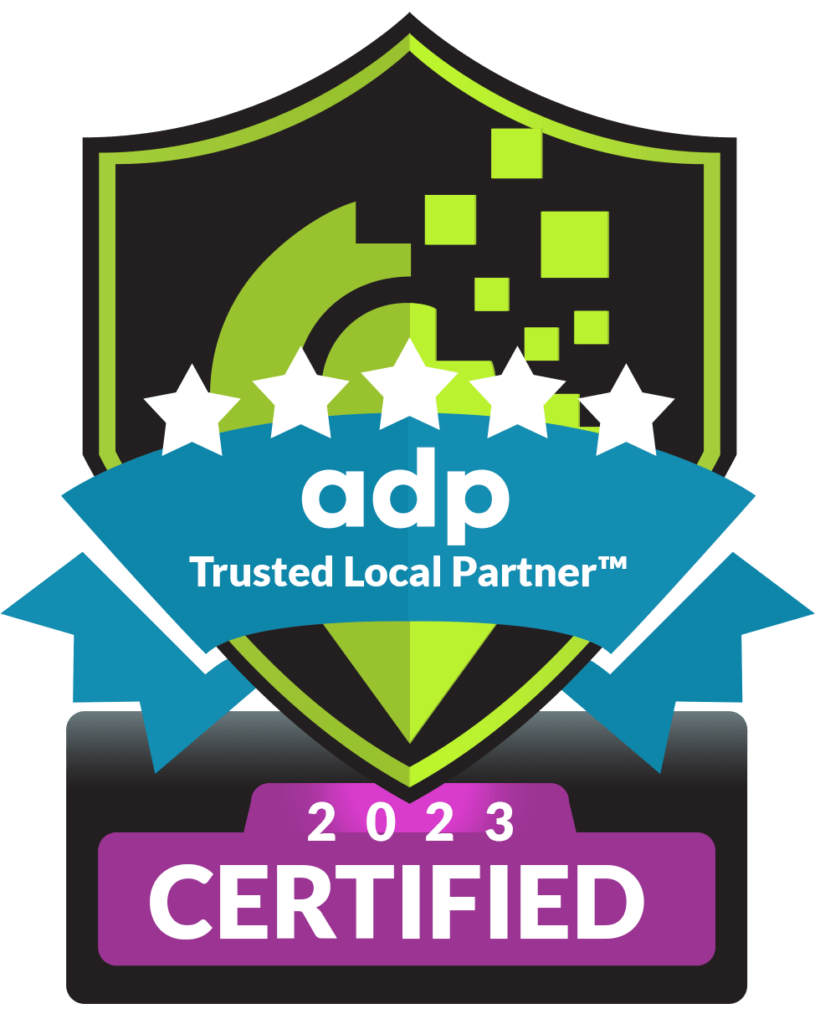
Your company, no matter how big or small, should express the mission for your business in a clear mission statement that defines and refines the firm’s culture, goals, ethics, values, plans and decision-making norms. Unfortunately, many mission statements sound stale and flamboyant without saying anything in reality. A good, clear and well-thought-out mission statement, on the other hand, is able to define a company so well that it looks more like that business’s strategy. Today we will take a look at ten steps to develop your company’s mission to set it apart from your competitors and give its unique edge.
How To Develop a Mission for Your Business
1. Clarify the Mission for Your Business via Your Company’s Market Story
This part doesn’t get written in the mission statement, being rather the canvas you build the mission on. Use your market insights to clarify why you exist and explain who your target customers are (your buyer persona). This step explains how you are unique on the market and what needs and wishes of the market you are ready to cover.
2. Clarify How Your Company Makes Your Clients’ Life Better
You don’t have to cure cancer to do some good in this world. Offering high-quality products, trustworthy services, impeccable customer care – they can all make up part of your mission. Rely on your marketing story and stress why it is special for your target customers.
3. State What You Stand For
Go beyond buzzwords and empty promises and keep your mission coherent: your clients’ lives are better because you exist due to the fact that you believe in transparent pricing plans, punctuality, and non-stop services and so on. You do what you do because you want to cover a wish or need that hasn’t been tackled yet and this is what makes you unique from others. This is a crucial part of good branding techniques as people tend to trust more in a company with a clear set of values they can relate to.
4. Are You In for the Money or Do You Want to Do Something Else?
In this day and age, having a clear and transparent mission statement is probably the best way to gain customer retention. People become more and more reluctant to deal with big corporations that seem to only want money and nothing else, while a company openly showing its clients that there are other things more important than money has bigger chances to improve their brand image and customer loyalty.
This is where your mission statement gets a crossover with your business strategy. When you reach this point in writing your mission statement make sure that you don’t just promote an image of altruism and sincerity, but you do what you say – people can spot frauds from a distance, and you risk losing customer loyalty and brand image points.
5. State What Your Business Does for Its Employees
Don’t fill your mission statement with buzzwords, but be clear on what you offer your team. That includes the chance to register an employee account to buy discounted company products, constant training and education, tools to make their job easier, the chance to efficiently mix personal life with the professional one, well-deserved promotions and so on. This part of your mission statement shouldn’t be just a branding technique, but a solid, verifiable course of action.
6. State What Your Business Does for Its Owners
At first glance, all businesses have the sole purpose of enhancing their owners’ financial status and gain them profits. However, if doing what you love together with people that you love working with interests you more than ROI, you should say that in your mission statement. This is a sensitive step as it also crosses over with your business strategy: are you more into cash flow than profits? Are you more into working with your people than on overnight business growth?
If you are and you can prove it, you should also include this in your mission statement. Make sure your actions won’t contradict your statement in the future, as nobody really likes an entrepreneur turning into a shark.
7. State How Your Business Impacts the Market
You may come up with a business model, a delivery service, a product upgrade or a customer service model that can change the game for the entire market you operate in. You can set new standards for the market or impact connected markets as well with your business approach. If this is true and verifiable, you must include it in your mission statement, as it also becomes a part of your business plan and strategy.
8. State What Your Business Does for the Community
Your presence in the community does (or should) change something for the better not only for individuals, but the entire area. Make sure you clearly state that what you do has a verifiable impact on the community as a whole. This also can turn into a business plan/strategy component of your company. Remember, word of mouth is still one of the best ways to sustain and increase your referrals building strategy.
9. State What Your Business Does for the World
As we said, you don’t have to research cancer treatments to make an impact on the world. But by providing a certain product or service, you can make a small visible change. This step also allows you to envision your potential for growth and expansion. Just by setting an example of a good business model you already made an important impact.
10. Polish, Cut, Review, and Revise the Mission for Your Business
A good mission statement plays a lot of roles, defines your objectives, goals, courses of action and strategies. It should have a long life and act as a reminder and a stepping stone every time you return to it, whenever you feel you strayed too far. That is why you should revise it and polish it so it stays true to itself, empty of hype and buzzwords, but full of actionable goals and verifiable actions.
A mission statement is more than just words on paper. It represents the core concepts of your business plan and strategy, coining your future actions and giving you a measure of your success as the company grows. Therefore, it is important to take the time needed to create a mission that is the core of your business.
What other tips do you have for writing a mission for your business?
Save
Save
Marc Mendelman
Marc Mendelman is a Contributing Editor and Junior HR Consultant. With an interest in everything related to career-building advice, he aims to help individuals reach true professional fulfillment.


















